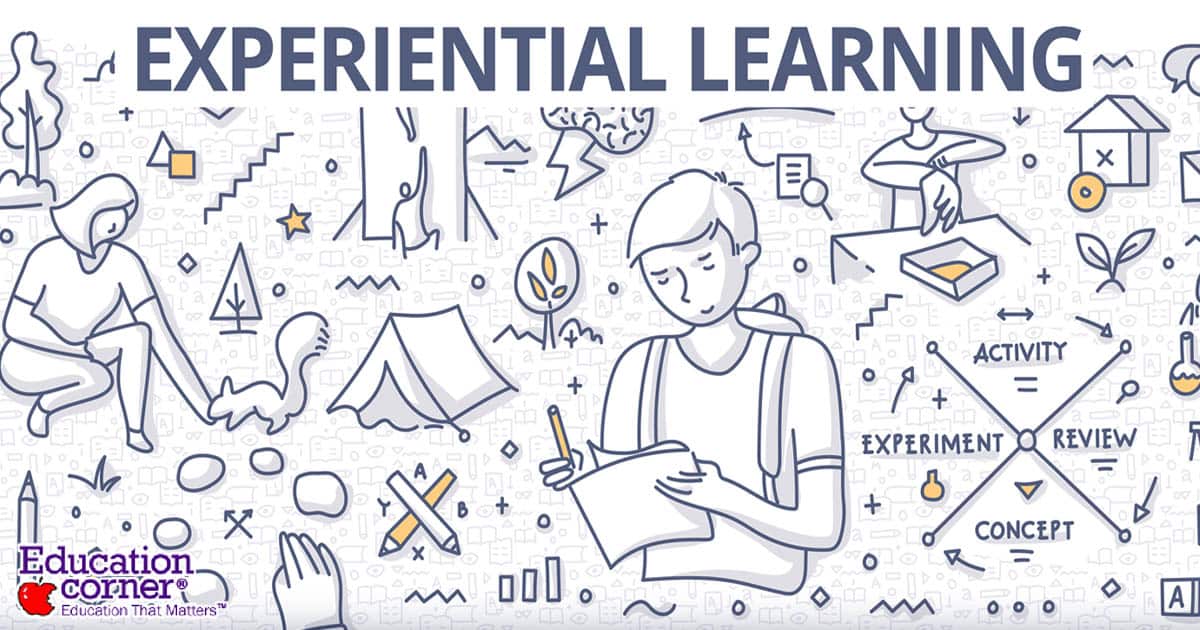
Experiential learning is a form of education that focuses on direct experience and hands-on participation as the primary means of learning. Unlike traditional forms of education, which rely on lectures and textbooks, experiential learning emphasizes the acquisition of knowledge and skills through active engagement and reflection. This approach has gained popularity in recent years, as it has been shown to be effective in helping individuals to develop new skills, knowledge, and attitudes.
One of the key characteristics of experiential learning is its focus on real-life situations and hands-on activities. This approach is based on the idea that learning is most effective when it is directly related to real-life experiences. For example, a student studying environmental science may participate in a field study of a local ecosystem in order to gain a deeper understanding of the subject matter.
Another key characteristic of experiential learning is its emphasis on reflection. Reflection is the process of thinking about what happened during an experience and what can be learned from it. This process is critical to the success of experiential learning, as it helps individuals to make connections between their experiences and their prior knowledge, and to identify areas for improvement. Reflection also encourages the development of critical thinking skills, as learners are encouraged to consider the experiences from multiple perspectives.
Experiential learning has been shown to be effective in a wide range of educational settings. For example, it has been used successfully in business and management programs to help students develop leadership skills and gain a deeper understanding of organizational dynamics. In addition, experiential learning has been used in outdoor education programs to help individuals develop an appreciation for nature and foster personal growth.
Despite its many benefits, there are some criticisms of the experiential learning approach. Some argue that the focus on hands-on activities can make it difficult to assess student learning, as it is often challenging to determine what has been learned through experience. In addition, experiential learning can be more time-consuming and resource-intensive than traditional forms of education, as it requires specialized equipment and facilities.
In conclusion, experiential learning is a unique approach to education that emphasizes direct experience and hands-on activities. This approach has been shown to be effective in helping individuals to develop new skills, knowledge, and attitudes, and has gained popularity in recent years. Despite some criticisms, the experiential learning approach remains an important and valuable tool for educators and students alike.
References:
Kolb, D. A. (1984). Experiential learning: Experience as the source of learning and development. Englewood Cliffs, NJ: Prentice Hall.
Schön, D. A. (1983). The reflective practitioner: How professionals think in action. New York: Basic Books.
junyi
2023-02-12 — 11:48 am
Hi Mengcheng!Thank you for sharing your blog. You have very clearly described the key features and benefits of experiential learning. I also learned that the emphasis on real-life situations and hands-on activities, as well as the emphasis on reflection, are important aspects of the approach. You also mentioned some criticisms of experiential learning, including the difficulty of assessing student learning and the higher resource intensity compared to traditional forms of education. I hope people will make experiential learning methods more popular.
haoran
2023-02-12 — 4:49 pm
Hi Mengcheng, Thank you for sharing about experiential learning. There are not many direct experience and hands-on activities in my daily study. Most of my daily study is in written form, so some knowledge cannot be understood intuitively. However, in recent years, experiential learning has gradually become popular. I believe that experiential learning can further help us in learning.
leihan
2023-02-12 — 11:24 pm
Hello Mengcheng, you perfectly described the concept and application of experimental learning. Our chosen topic is involved mainly with experimental learning, while some minor sections may be related closely with direct instruction.